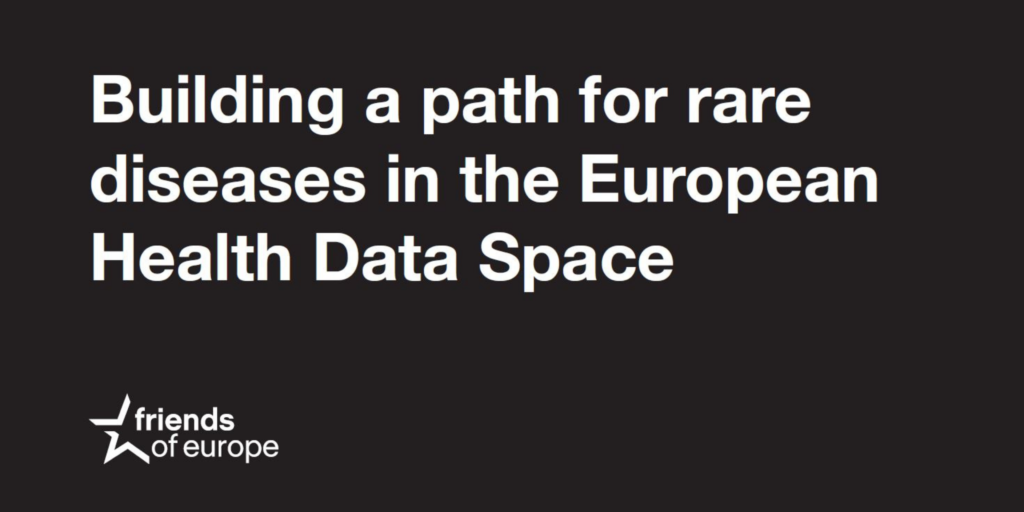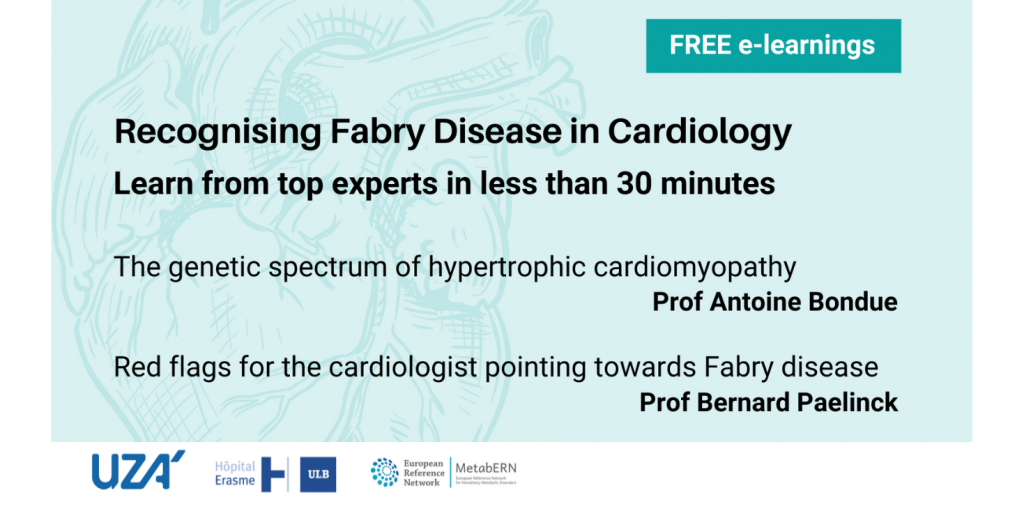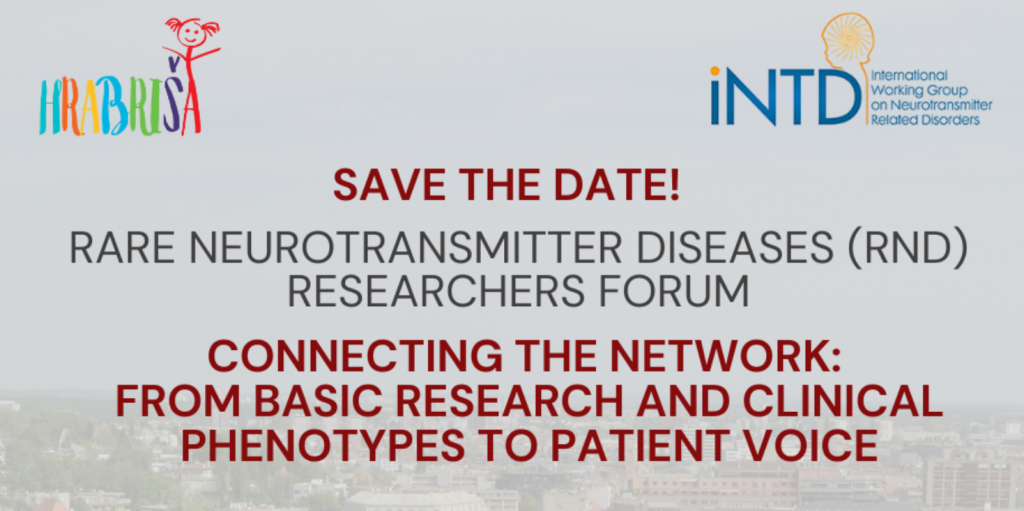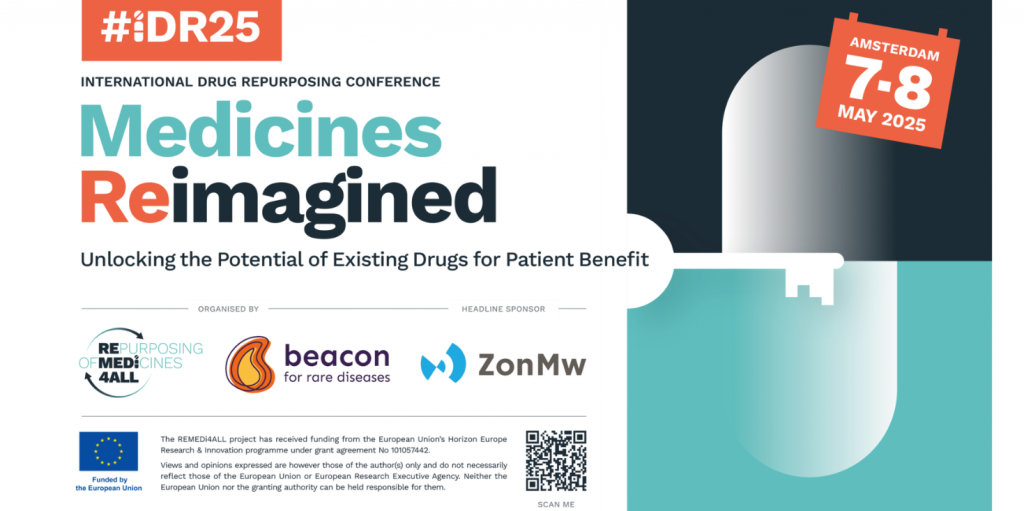Following a series of working group meetings and discussions, the Friends of Europe team drafted the report “Building a path for rare diseases in the European Health Data Space” with the aim to set out principles, recommendations and guidelines on how legal and policy efforts at the EU level can support the digitalisation of healthcare systems, leaving no one behind.
For people living with a rare disease, it is crucial that their health data be safely connected and widely shared in order to deepen understanding, trigger medical advances, speed up the diagnostic journey and ensure that all patients – wherever they live – can benefit from the best expertise and care in Europe. The European Health Data Space (EHDS) aims to promote the reuse of health data, boost research and ensure that citizens have control over their own data.
Friends of Europe has convened a working group building on the assumption that rare disease patients are the best rationale for the EHDS. A priority for the upcoming French presidency of the Council of the European Union, the limited number of rare disease patients and the scarcity of knowledge and expertise make rare diseases a field that greatly benefits from the European joint action.
This report, describes how the needs of people living with a rare disease could be met through the proposed EHDS and, how the European Reference Networks (ERNs) with their long-term experience of data sharing within the rare diseases community can inform the governance, structure and operability of the EHDS.
Four key principles have been identified to achieve the overarching objective of optimising rare diseases data in the EHDS. The principles, recommendations and actions draw upon the ideas debated during three online working group sessions organised by Friends of Europe in 2021, as well as subsequent contributions to the debate from its participants.
Visit the Friends of Europe website and watch the event “The European Health Data Space (EHDS) – Building a path for rare diseases and learning from its experience“
Read the full report






